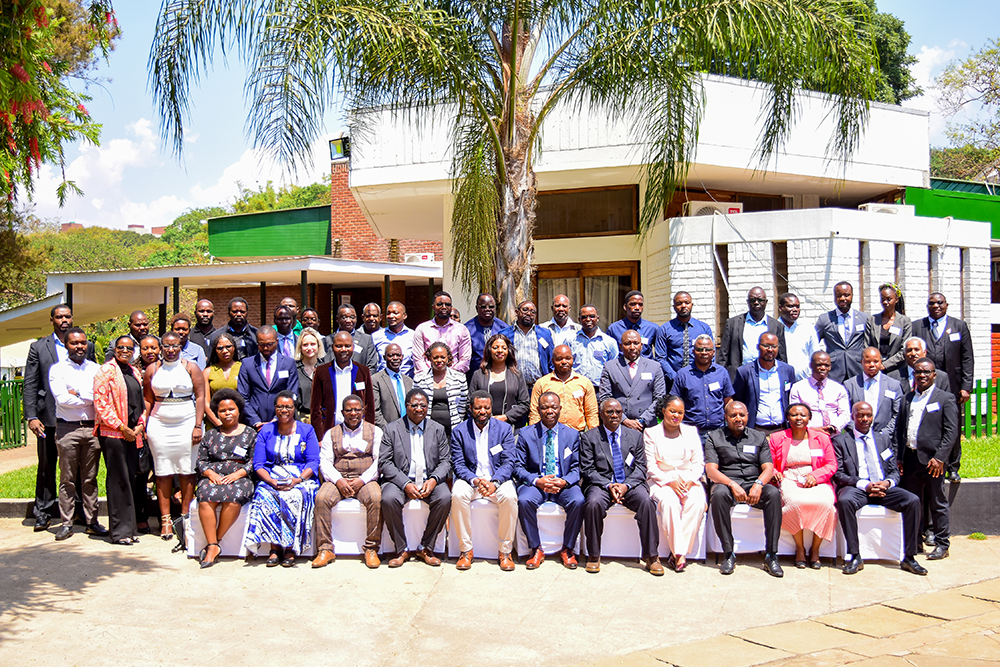MOOCs, Maps, & Robots, Oh My!
The World Bank’s Citizen Engagement MOOC (Massive Open Online Course) is underway, and with it we’ll hopefully see a few new ideas and projects to further citizen engagement from those participating in Track 2 (the Policy and Leadership track). If you’re eager to learn more about Citizen Engagement but aren’t ready to plan a project, then Track 1 is for you with its focus on understanding and evaluating current citizen engagement initiatives.
Those involved in citizen engagement should also be excited about the release of the Feedback Toolkit. The Toolkit includes a Quiz to let your organization see where the weak links in your feedback loop are. Based on the results of the quiz, you’ll be directed to the Resource Library with tools, guides and examples of how to strengthen and close your feedback loop.
Some good news for those who rely on mobile phone surveys, a popular function for improving citizen engagement: researchers at the Center for Global Development found that mobile phone surveys did reach the poor and gave a relatively good mirror of the population. This contrasted with many people’s concern that less affluent populations were being left out of mobile surveys.
Parents, teachers, students and government officials in Kenya now have access to information about the hundreds of schools in Kibera, of which most are unofficial, with the launch of openschoolskenya.org. Information collected includes school fees and how many teachers as compared to students are at the school. The data is available online and the map will be printed and distributed throughout the community in Kibera. The platform both provides stakeholders with access to data, and starts a feedback loop with users being able to comment on specific school profiles.
Kinshasa is finding success through replacing actual human traffic officers with robots – robots that direct traffic and give out tickets. Many of the citizens of Kinshasa are happy with the robots, which provide more safety and organization to the congested streets and don’t take bribes. However, others are wondering why they don’t put in more traffic lights, which are less costly than the giant robots, and spend more effort on improving urban planning.
This piece has been modified and was originally posted on the First Tranche.
Share This Post
Related from our library

Developing Data Systems: Five Issues IREX and DG Explored at Festival de Datos
IREX and Development Gateway: An IREX Venture participated in Festival de Datos from November 7-9, 2023. In this blog, Philip Davidovich, Annie Kilroy, Josh Powell, and Tom Orrell explore five key issues discussed at Festival de Datos on advancing data systems and how IREX and DG are meeting these challenges.

Unlocking the potential of digital public infrastructure for climate data and agriculture: Malawi
DG’s DAS Program recently attended an event on creating a national digital public infrastructure (DPI) in Malawi in order to increase the impact of climate data to combat current and future agricultural issues caused by climate change. In this blog, we reflect on three insights on DPIs that were revealed during the event discussion.

What Does a Good Agriculture Data System Look Like? Reflections from 2023 Festival de Datos
DG's joint session at 2023 Festival de Datos posed the question: What does a “good” agriculture data system look like? In this blog post, we'll delve into the key principles that emerged from the discussion.